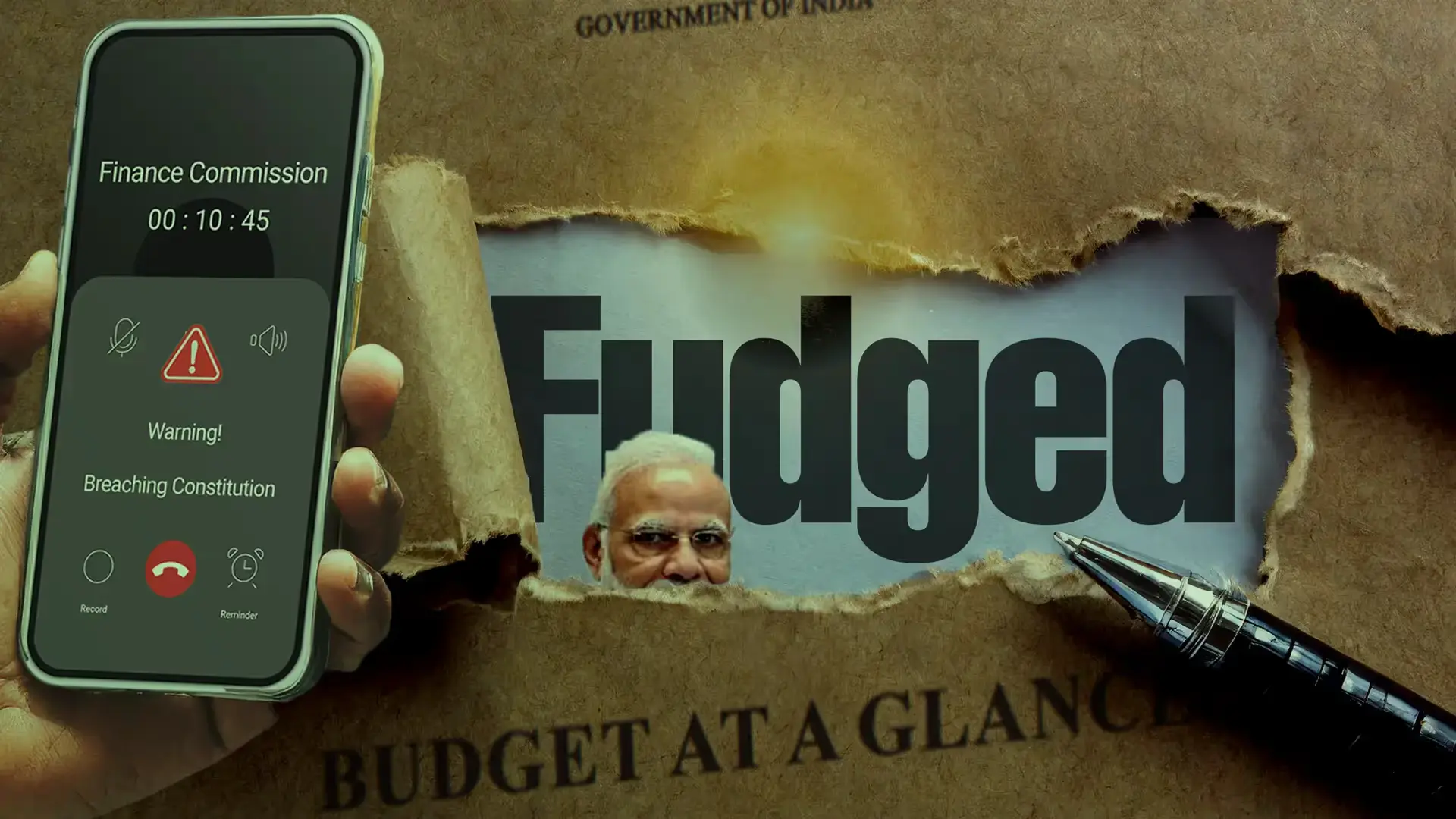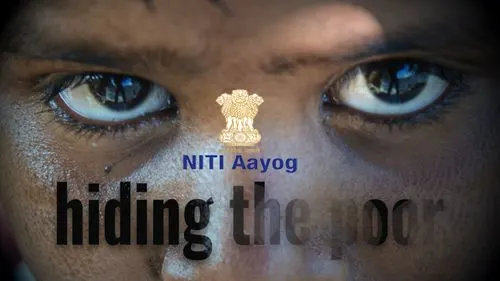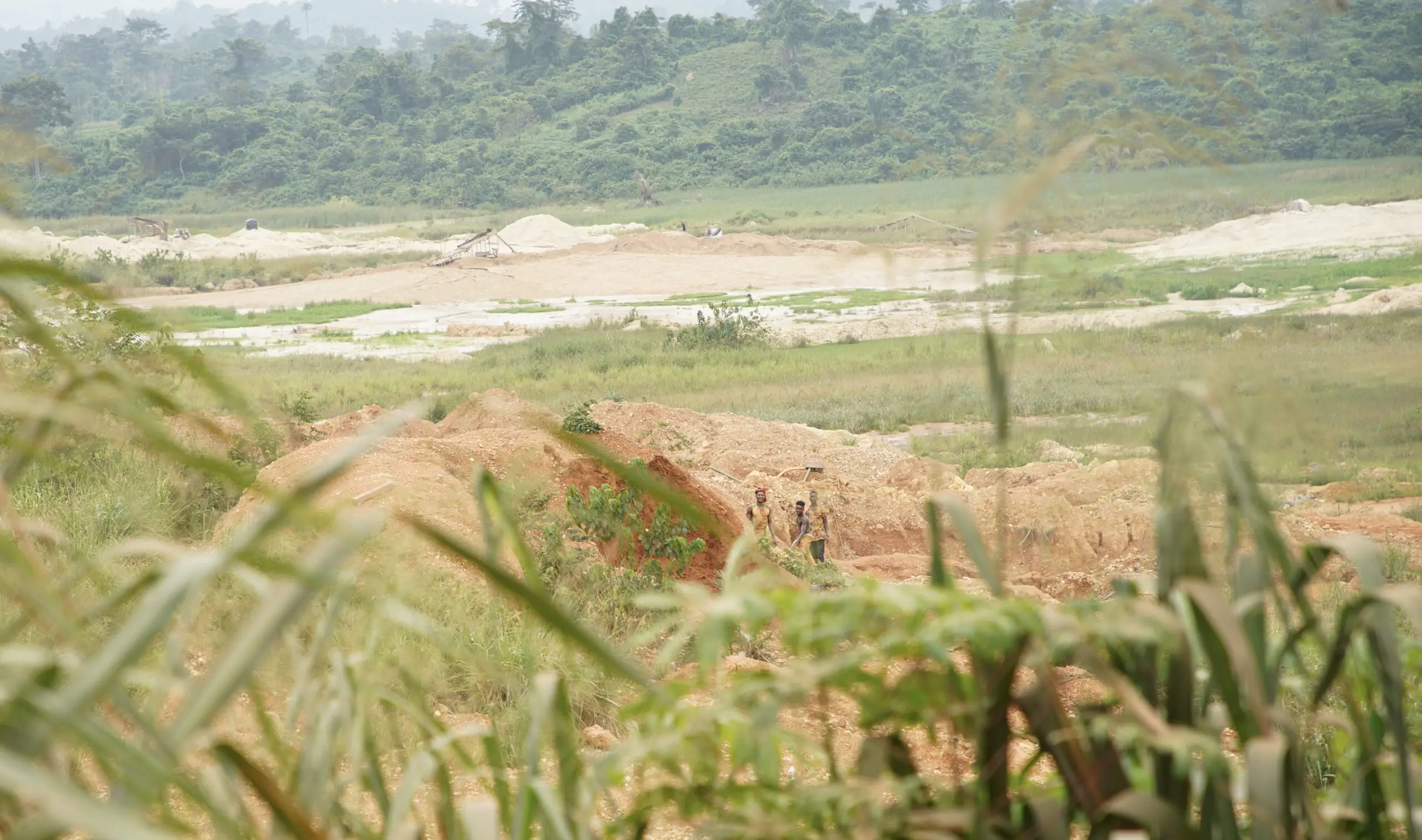
Niti Aayog CEO BVR Subrahmanyam reveals Modi held backdoor negotiations with the Finance Commission to cut tax funds allocated to states, and says gov't finances are so shady, they could be hit by a 'Hindenburg'.

Hidden in plain sight, the Patanjali business empire is functioning as a dubious real-estate agency buying and selling forested lands in the fragile Aravalli mountain range through a web of shell companies.

The investigation reveals that the government allowed private corporations to bypass the competitive process to corner large coal reserves. It allowed shell companies of a conglomerate to manipulate auctions, and granted an extraordinary favour to another.

The think tank pushed Modi gov't to cut food subsidies, curtail food security coverage and privatise PDS, documents reveal

After the Bhopal gas tragedy, Union Carbide and its executives were declared absconders. Their properties were ordered to be attached. But, using a web of front companies it funnelled in goods and took out profits for more than a decade.

TRC investigated more than 5 lakh political advertisements on Facebook and Instagram to assess the influence of Facebook on elections. We found evidence that the world’s biggest social media network systematically undercut political competition by giving unfair advantage to BJP in elections. Read our four-part investigative series here.

Auction method used to mill pulses under welfare schemes for poor and armed forces allowed millers to make unchecked profits for years, hammering the public exchequer and the quality of pulses supplied

Data from thousands of pages of death registers maintained by municipalities in Gujarat show an excess death count of 16,892 for just 6% of the state's population during the pandemic. When projected across the state, the figure zooms to a staggering 281,000.

A network of self-proclaimed Hindu volunteers file legal complaints and unleash a toxic wave of trolling, harassment, threats and doxing against social media users who they believed make “anti-Hindu” remarks

Modi government first ignored its experts' recommendations on how to lift the country-wide lockdown. It then based its response on unreliable data, show its own records. This led to surge in Covid-19 cases

Welcome to Parliament Defied, an investigative series that examines the assurances given by politicians to Parliament, and their outcomes. The Reporters’ Collective analysed over 100 parliamentary reports, spanning thousands of pages, documenting pledges by 55 ministries over the last five years in Parliament.

Ghana’s gold rush is leading to poisoned waterways, destroyed forests and journalists under attack. Ghana’s government has legitimised the sale of illegal gold. Indian traders have taken advantage of it.

With the Ukraine war, Indian firms pivoted to re-exporting aircraft parts, turning sanctions into a million-dollar business opportunity.

Women’s safety and empowerment is an empty rhetoric in India.While brutal crimes spark public outrage and political blame games, the daily violence faced by women and female-bodied individuals goes unnoticed. The safety mechanisms and government schemes meant to protect them are equally overlooked.Effective implementation of women’s safety schemes remains critical — but as The Reporters’ Collective found, the reality falls far short. This three-part investigation interrogates the failures of a system meant to protect women and uncovers government falsehoods and half-truths concealing these failures.